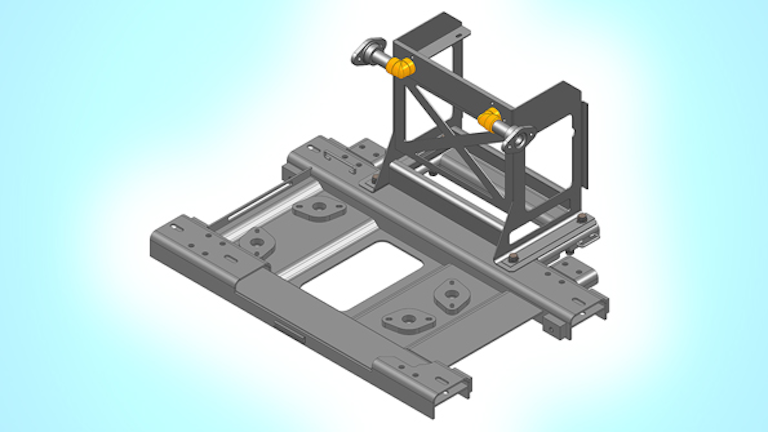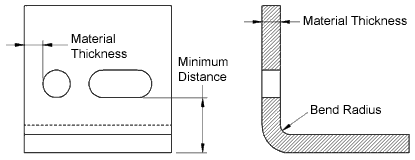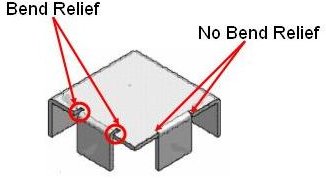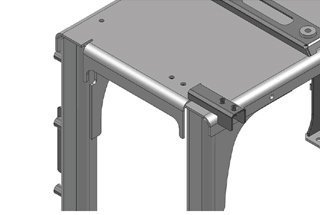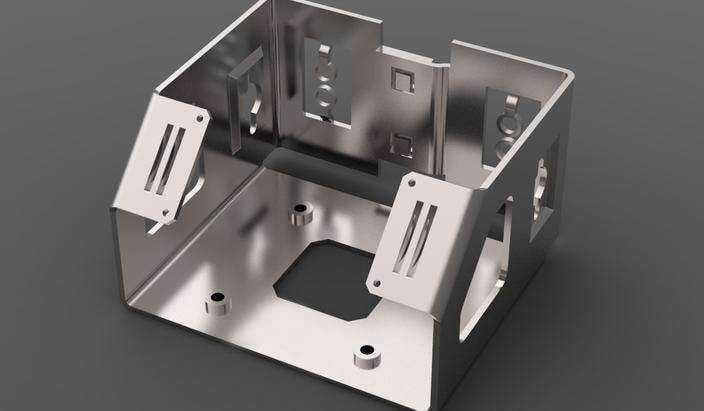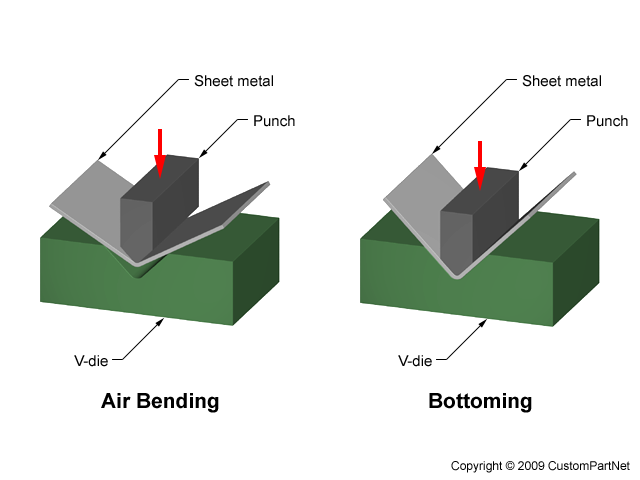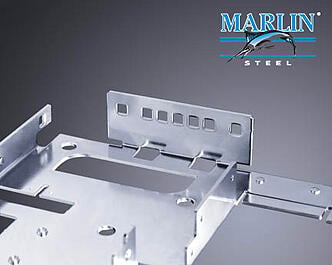Design for manufacturability sheet metal guidelines bends for the ease of manufacturing multiple bends on the same plane should occur in the same direction.
Sheet metal bracket design guidelines.
The goal of the last topic was to do a.
Based on some standard design for manufacturing practices thorough analysis of results and changing industrial requirements following are the design guidelines that you should be following to improve your sheet metal design.
Form height to thickness ratio to determine the minimum form height for sheet metal use the following formula.
Aside from that a variety of metals is available including stainless steel aluminum cold rolled and galvanized steel and even copper and brass in thicknesses ranging from 0 02 in.
This helps in delivering the product at low cost and faster timelines.
It is always better to specify hole diameters that are greater than the sheet s thickness t.
Following all sheet metal design guidelines is very difficult in the complex part.
D 2 5t r see below the height can be less but it required secondary operations and is far more costly.
Use the following simple guidelines to formulate and design the type of sheet metal bracket you will need to successfully meet your requirements.
For the ease of manufacturing multiple bends on the same plane should occur in the same direction.
Avoid large sheet metal parts with small bent flanges.
7 must follow sheet metal design guidelines.
Sheet metal design guidelines are followed to design quality sheet metal enclosures.
In low carbon steel sheet metal the minimum radius of a bend should be one half the material thickness or 0 80 mm.
Topics were to be incorporated into scania s design guidelines.
Beyond sheet metal properties and available materials here are eight ways to improve sheet metal parts.
Therefore exceptions can be there for complex features design.
The brackets are almost exclusively manufactured through bending and welding.
Developing design guidelines for load carrying sheet metal components with regards to manufacturing method by.
Bends are the most typical feature of sheet metal parts and can be formed by a variety of methods and machines which negate the absolute need for some of the below tips.
Modules of rupture a sheet metal s ability to withstand stress in a.
Bends should be toleranced plus or minus one half degree at a location adjacent to the bends.
Avoid large sheet metal parts with small bent flanges.
So you decided to design your own sheet metal part.
In a sheet metal design specifying hole sizes locations and their alignment is critical.
This is an example of dfm guidelines for sheetmetal fabrication.
